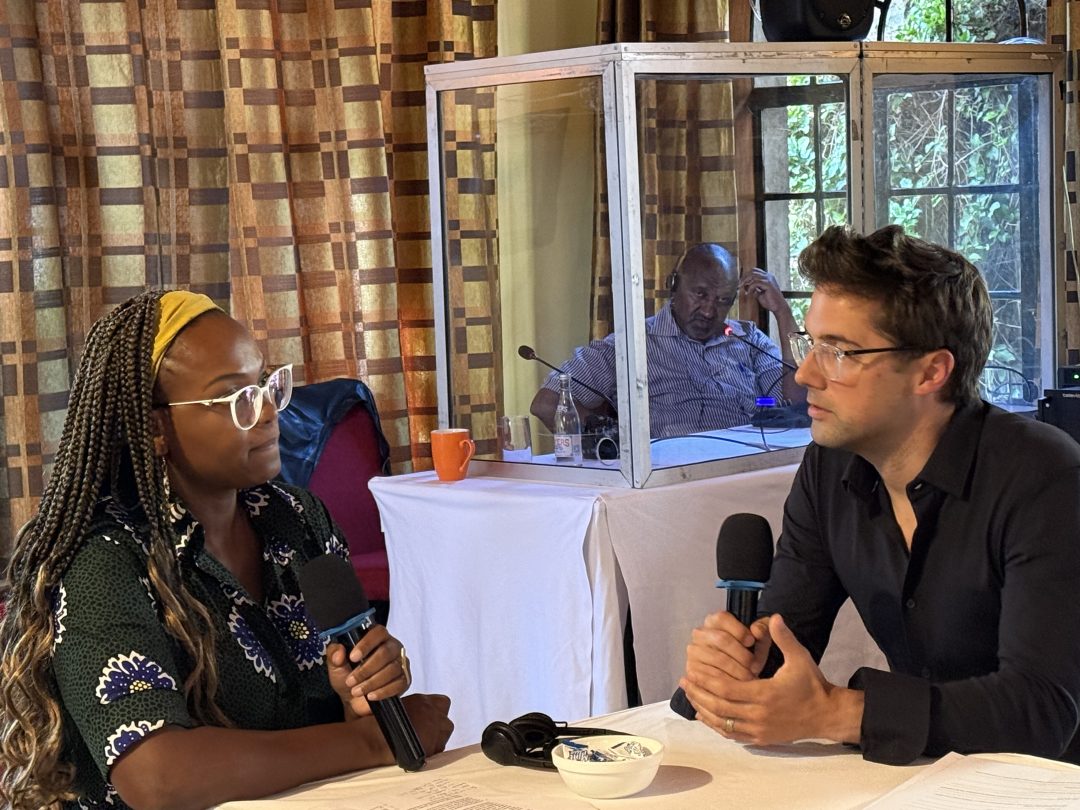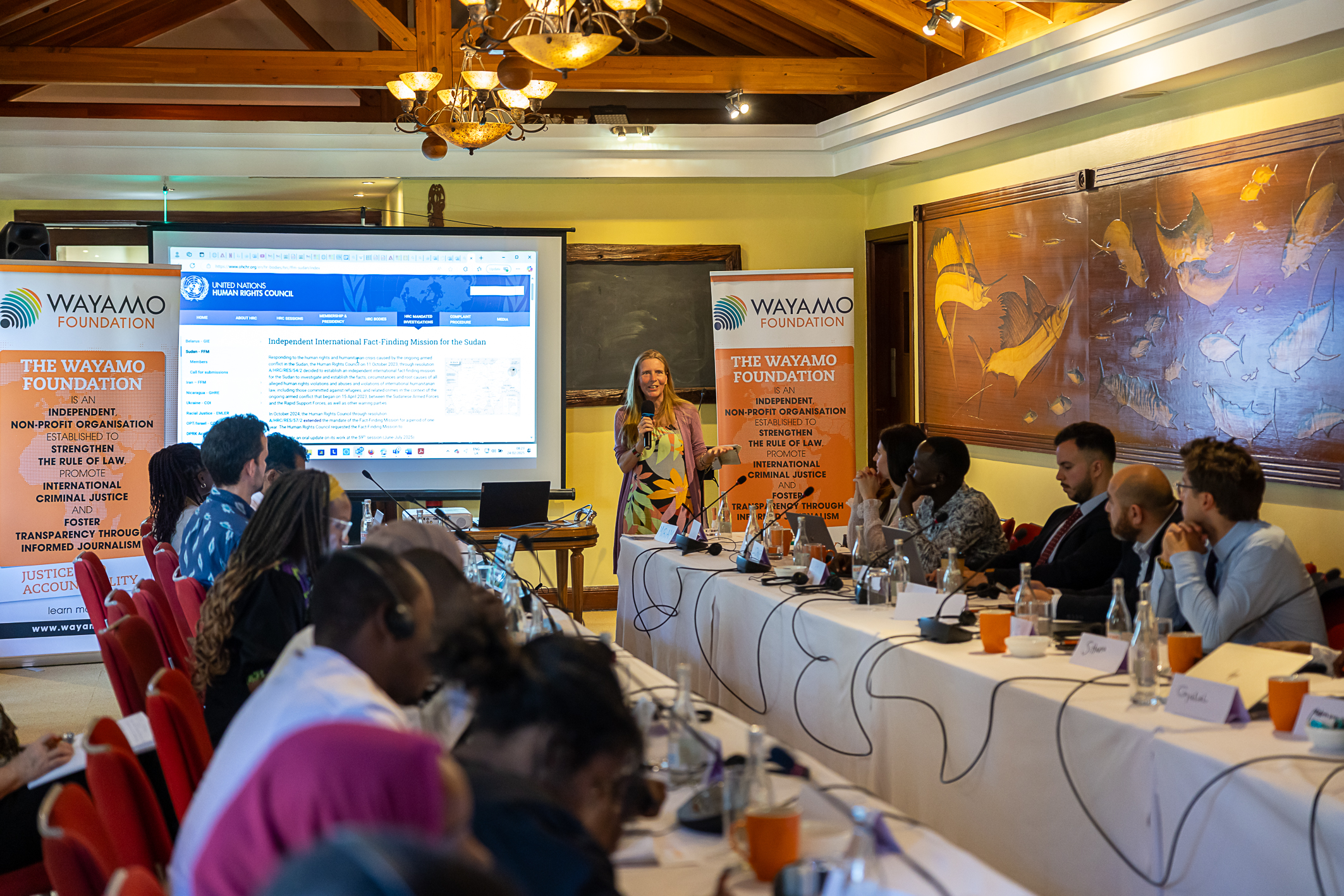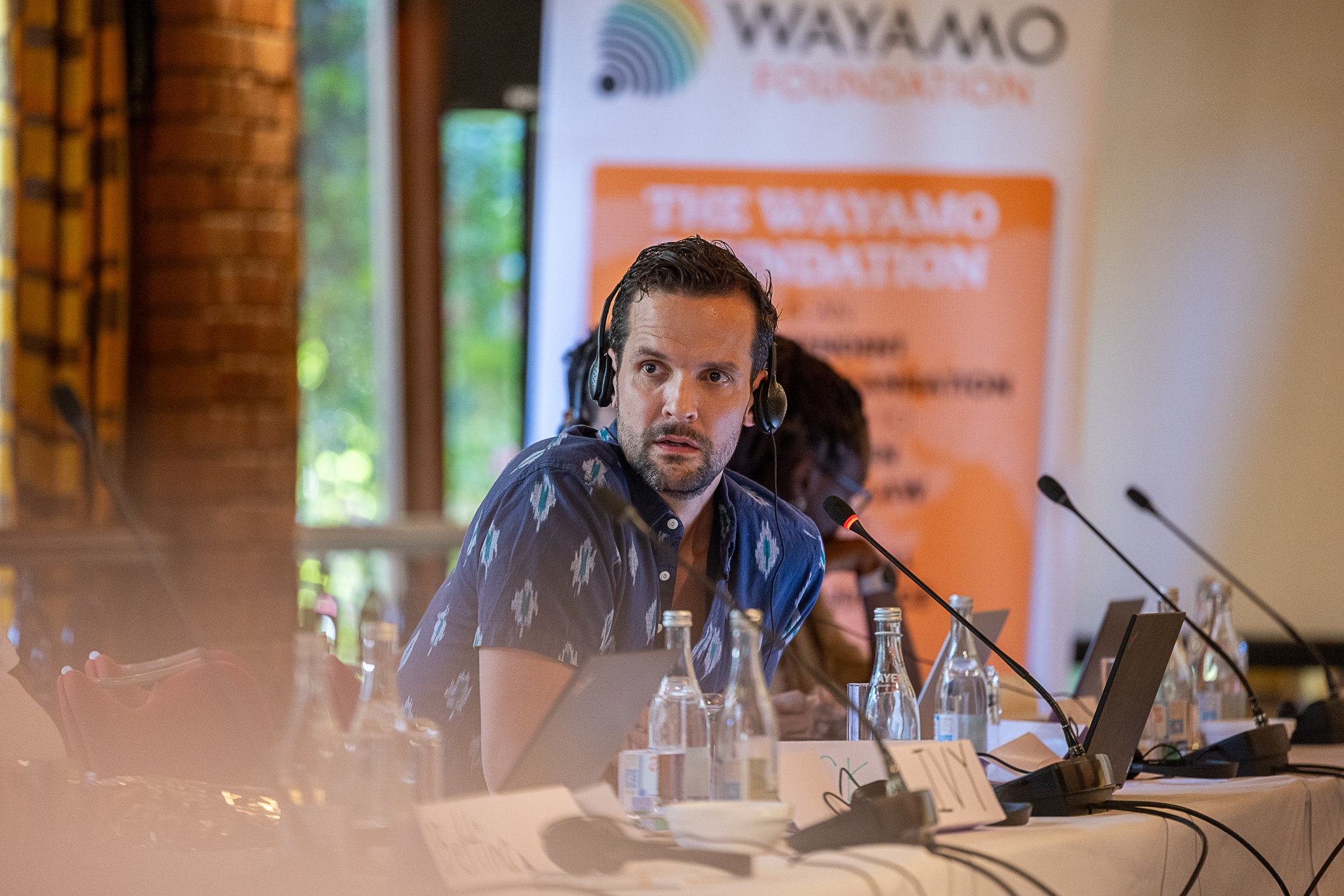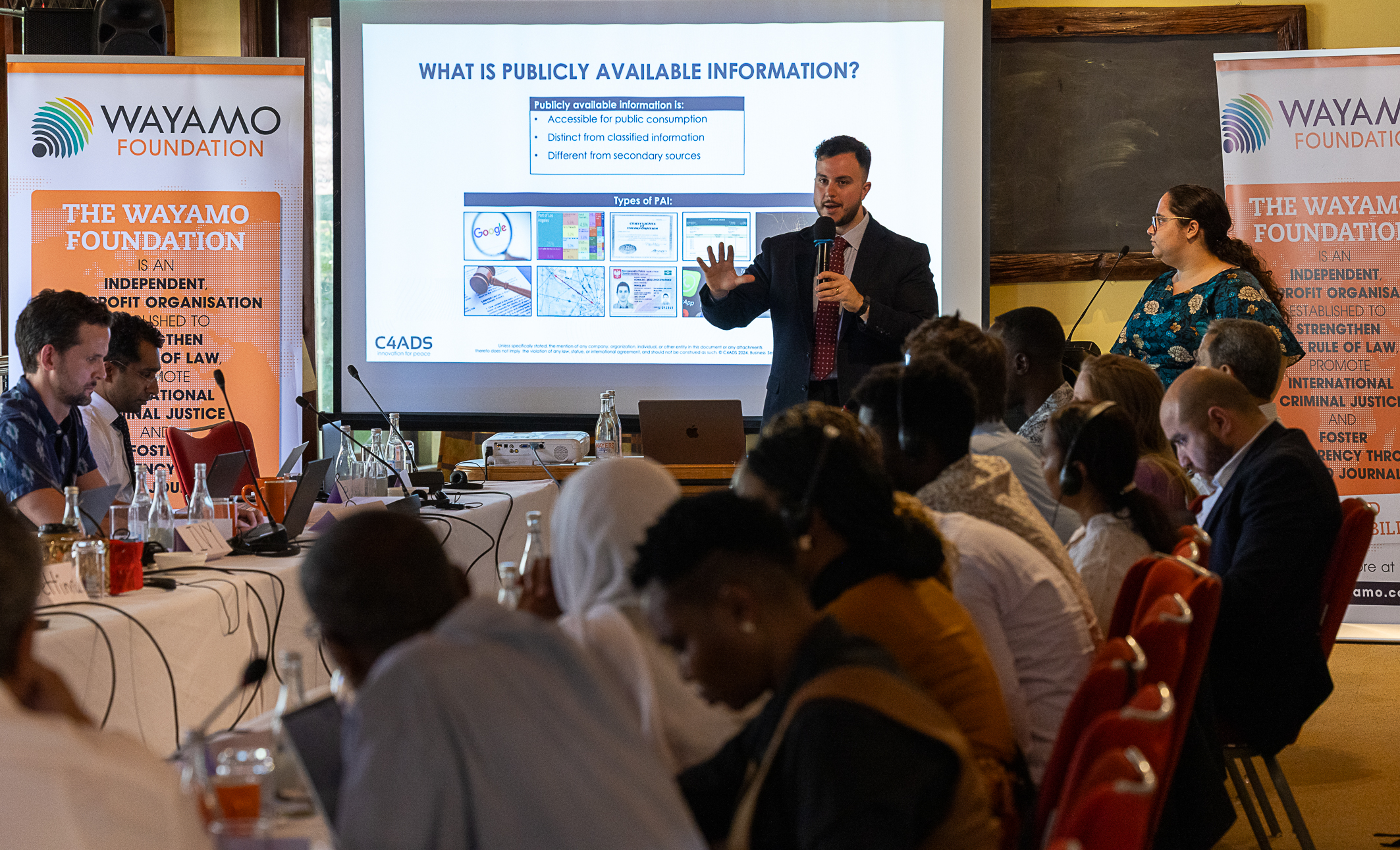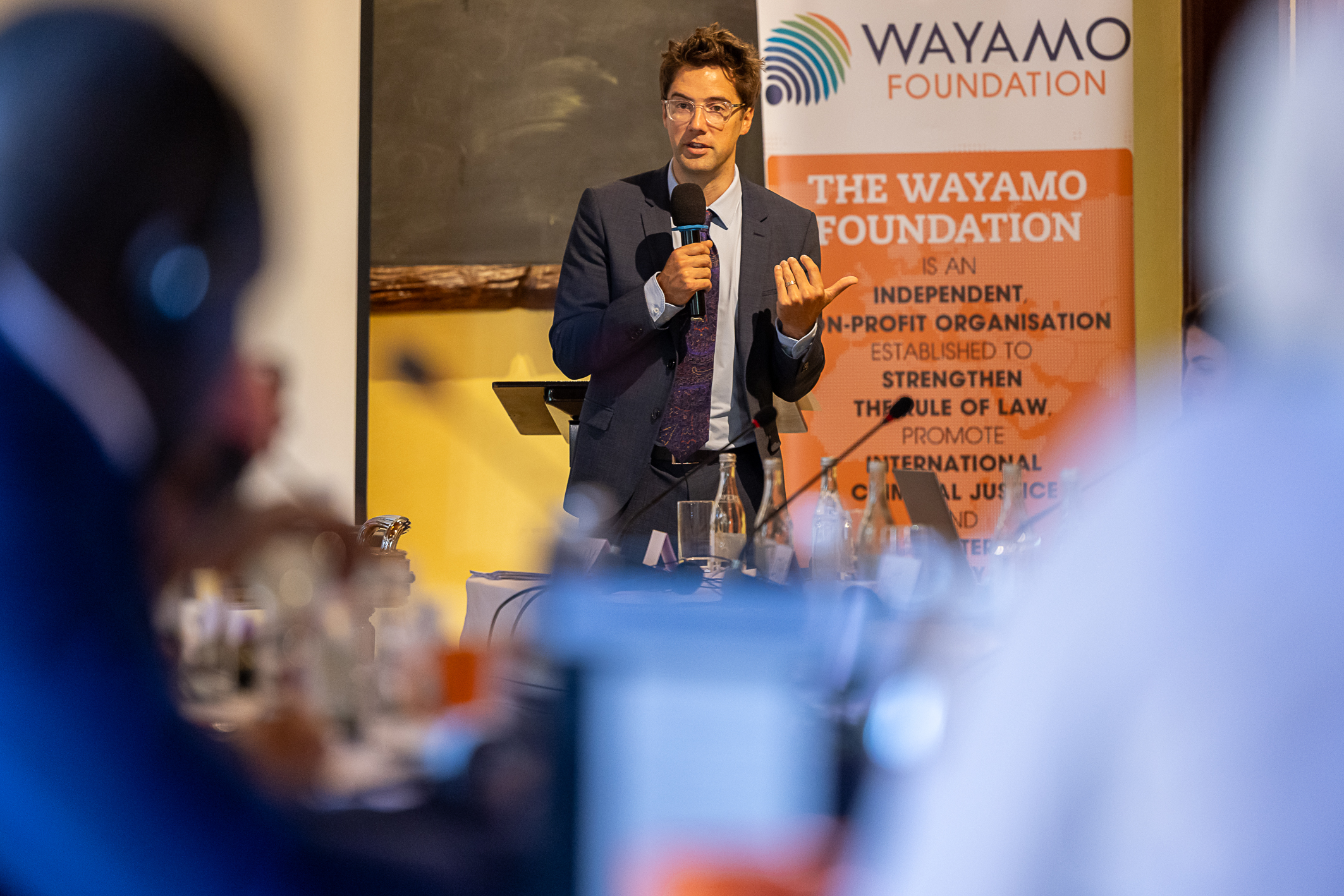The Wayamo Foundation hosted a three-day workshop in Nairobi, Kenya, from 24-26 February 2025, on the topic of “The art of the interview: tools for conducting effective screening interviews in the context of documentation”.
The workshop built on the November 2024 training workshop held in Kampala, Uganda, as well as two one-on-one mentoring sessions held in June and September 2024 in Kampala and Nairobi respectively. This whole series of training and mentoring sessions aims to equip Sudanese lawyers and human rights defenders with the necessary skills for effective documentation and case-building. Indeed, this latest workshop focused on honing participants’ ability to screen witnesses and conduct effective interviews.
In line with its logic of coalition-building, Wayamo invited the United Nation Fact-Finding Mission (UN-FFM) for Sudan, the Office of the Prosecutor of the International Criminal Court (ICC), the Centre for Advanced Defence Studies (C4ADS) and the strategic litigation firms, Clooney Foundation for Justice and Legal Action Worldwide (LAW), to take part in the event.
The workshop was opened by Wayamo Foundation Director, Bettina Ambach, who stressed that Wayamo’s Sudan project was about enhancing and professionalising the documentation skills of the Sudanese partners who investigate serious human rights violations committed by both of the warring factions in the Sudan conflict.
She briefly summarised the three goals of the four-year project as being: 1) to enhance the capacity of Sudanese civil society and lawyers to document, transmit and store evidence safely and raise the level of documentation work, using best practices and modern forms of evidence, such as open-source information; 2) to build cases together with Wayamo’s strategic litigation partners, so that these can then be pursued by ICC, UN or AU legal accountability mechanisms or by national prosecution authorities; and 3) to engage with regional civil society actors and prosecution authorities, so that they are equipped to address international crime cases within their domestic systems under the umbrella of universal jurisdiction.
On the first day of the workshop, Caroline Buisman, Senior Legal Officer and Coordinator for the UN-FFM spoke about the work of the Sudan Fact-Finding Mission and the role that civil society actors can play to complement its work. Her UN-FFM colleagues, Ahmed Shabayek, OSINT investigator, and Haytham Malkawi, information management officer, supplemented her presentation by discussing the role of technology in supporting documentation efforts. Pubudu Sachithanandan, trial lawyer and lead for recent crimes in Darfur at the Office of the Prosecutor of the ICC, then proceeded to describe what the Court is seeking to accomplish in Darfur and ways in which civil society actors can complement its work.
The second day of the workshop saw Lujane Benamer, Legal Programme Manager at the Clooney Foundation for Justice, and Nick Leddy, Head of Litigation at LAW, guiding participants on ways to ascertain and document the basis of witnesses’ knowledge, in order to determine what they had actually seen or heard. Following this, Nick Leddy was joined by Adejoké Babington-Ashaye, a consultant on international law and accountability for sexual and gender-based crimes, and the two focused on best practices for screening interviews, to ensure that these are trauma-informed and incorporate a gender-sensitive approach. These sessions were followed by role-playing and group exercises to reinforce the concepts learnt.
On the final day, participants engaged with Serge Brammertz, Prosecutor and Under-Secretary-General at the UN International Residual Mechanism for Criminal Tribunals, who discussed the types of witnesses needed to document an incident effectively. An extensive group-work session then allowed participants to apply and integrate the concepts they had learnt throughout the workshop. The day concluded with an exploration of the use of publicly available information to support documentation, with insights from Christopher Kiyaseh, analyst, and Alexandra Stassinopoulos, data scientist at C4ADS.
With an average score of 4.64 out of 5, participants rated this workshop as highly beneficial in terms of enhancing their skills and knowledge. This short sampling of participants’ comments gives a graphic insight into their genuine appreciation of the work done:
Group exercise on witness screening– “It is one thing to have this knowledge in theory; this exercise allowed me to put the theory into practice, which was really helpful and enjoyable.”
Value of the workshop – “The knowledge I have gained through this workshop will support my work, especially as I pass it on to grassroots groups in different areas of Sudan, thereby strengthening the pursuit of accountability. The materials and case studies have been invaluable in reinforcing what I have learned.”
Key takeaway – “I have learned how to conduct proper documentation, prepare effectively, and carry out meaningful screening interviews. Additionally, I have gained skills in interacting with victims and witnesses.”
Overall, the workshop afforded participants an opportunity to develop their interviewing and witness-screening skills, taking care in all cases to assess witnesses’ “basis of knowledge.” In addition, they learnt to incorporate a victim-centred and gender-sensitive approach in their work. Special emphasis was laid on minimising traumatisation and stigmatisation, particularly in the context of sexual and gender-based violence. A vitally important lesson learnt was to keep any engagement with a vulnerable person to the absolute minimum, while respecting the principle of “do no harm”. In general, as civil society documenters, it is advisable to limit oneself to obtaining a first general account, and refrain from comprehensive and detailed interviews so as to avoid inconsistencies with any subsequent statements which may be made to prosecution authorities.

